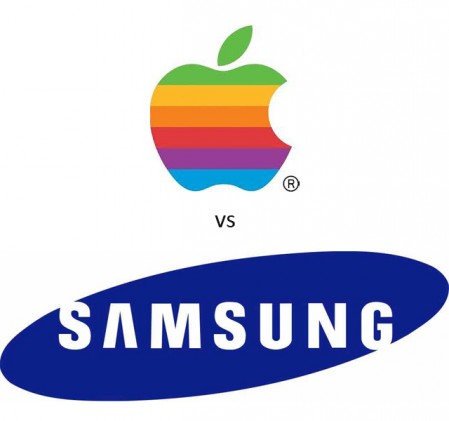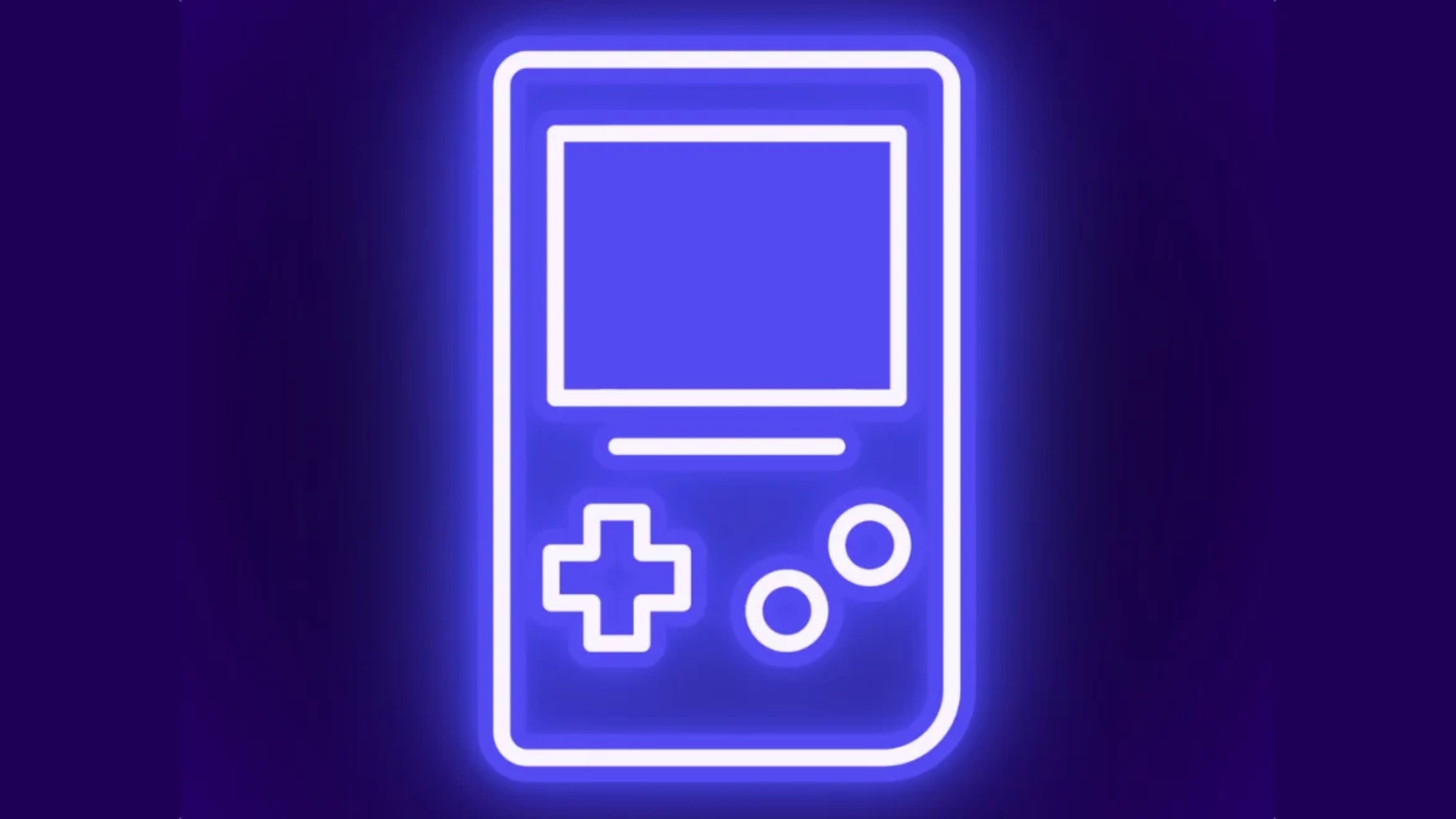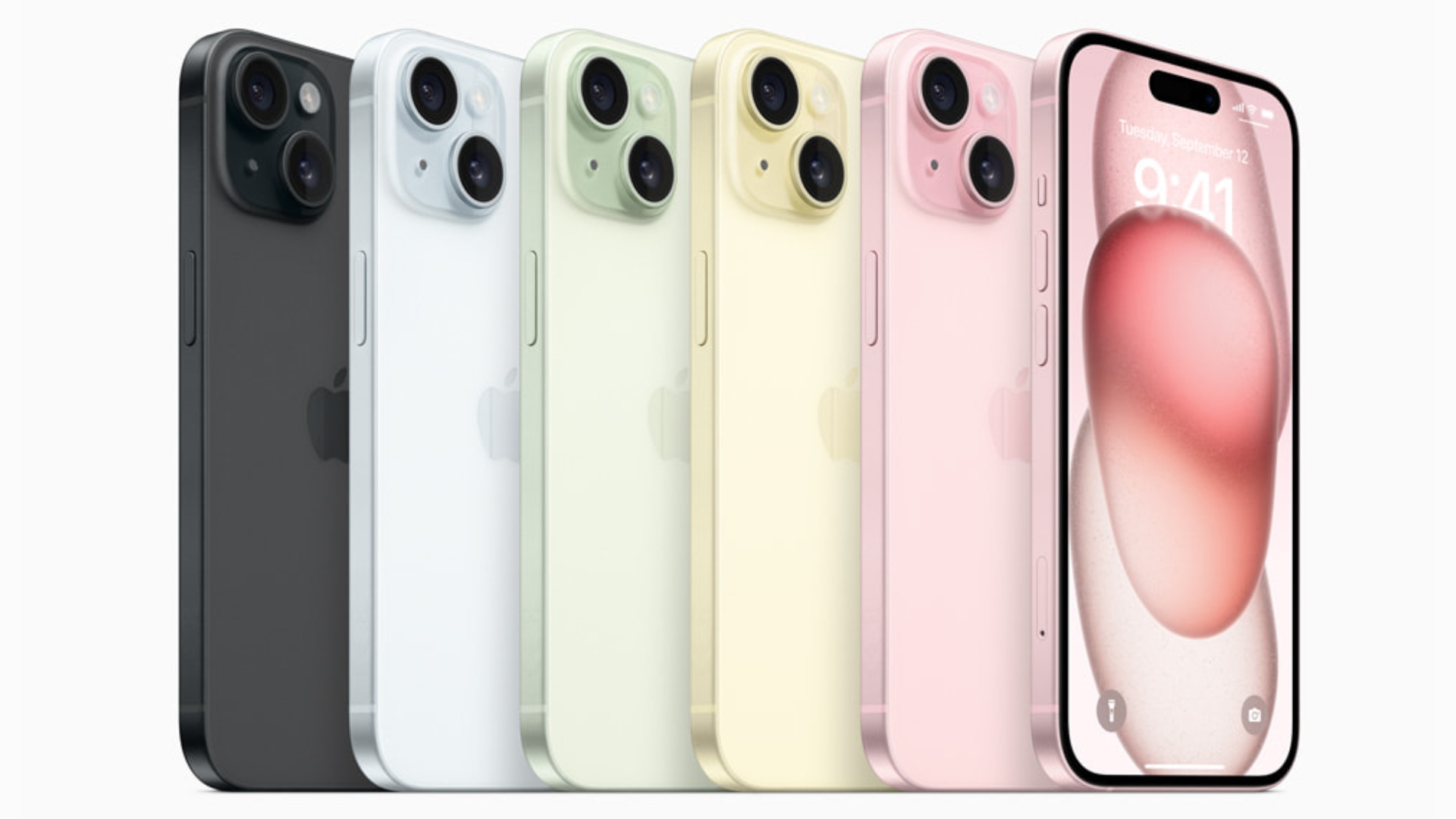
Samsung Saw Death of Steve Jobs as Best Time to Attack iPhone

Steve Jobs’ death after the launch of the iPhone 4S on October 5, 2011, launched an avalanche of reports and headlines across the globe. This unfortunate event, however, has had and “unintended benefit for Apple” and for its major rival, Samsung, and represented its “best opportunity to attack the iPhone”, at least from a marketing perspective, highly confidential documents obtained by AppleInsider reveal.
The documents are emails penned by Michael Pennington, then Samsung’s vice president of sales operations and head of national sales for its STA. While the tech world was shocked by Steve Jobs’ death, Samsung’s marketing machinery identified its rival’s weak point and suggested that this would be the best time to attack and succeed.
“Unfortunately,” Pennington then wrote, “Steve Job’s [sic] passing has led to a huge wave of press coverage of Apple’s and iPhone’s ‘superiority,’ all created by the, ‘passionate, tireless, perfectionist…’
“The point here is the there is an unintended benefit for Apple, since the external messages by 3rd parties are all highlighting and/or supporting the consumer perception that Apple products are superior, since Jobs’ was such a visionary and perfectionist. What consumer wouldn’t feel great about purchasing a device developed by such a person.”
“Sorry to continue to push this issue, but I have seen this far too long and I know this is our best opportunity to attack iPhone,” Pennington wrote.
As a result, the team executed an elaborate Samsung Galaxy SII marketing campaign that included global reviews, which obviously had one single reason: to increase buzz. Looking back, what we see is that the GSII ranked as fourth-best-selling smartphone in the US, but only after Apple’s iPhone.
The next summer, STA president Dale Sohn warned Samsung’s general manager about the iPhone 5 tsunami. We know the rest: Samsung went the extra mile in terms of ad spending, but what drives their sales is their low- and mid-tier handsets. The company’s high-end device sales couldn’t compete with the iPhone.

